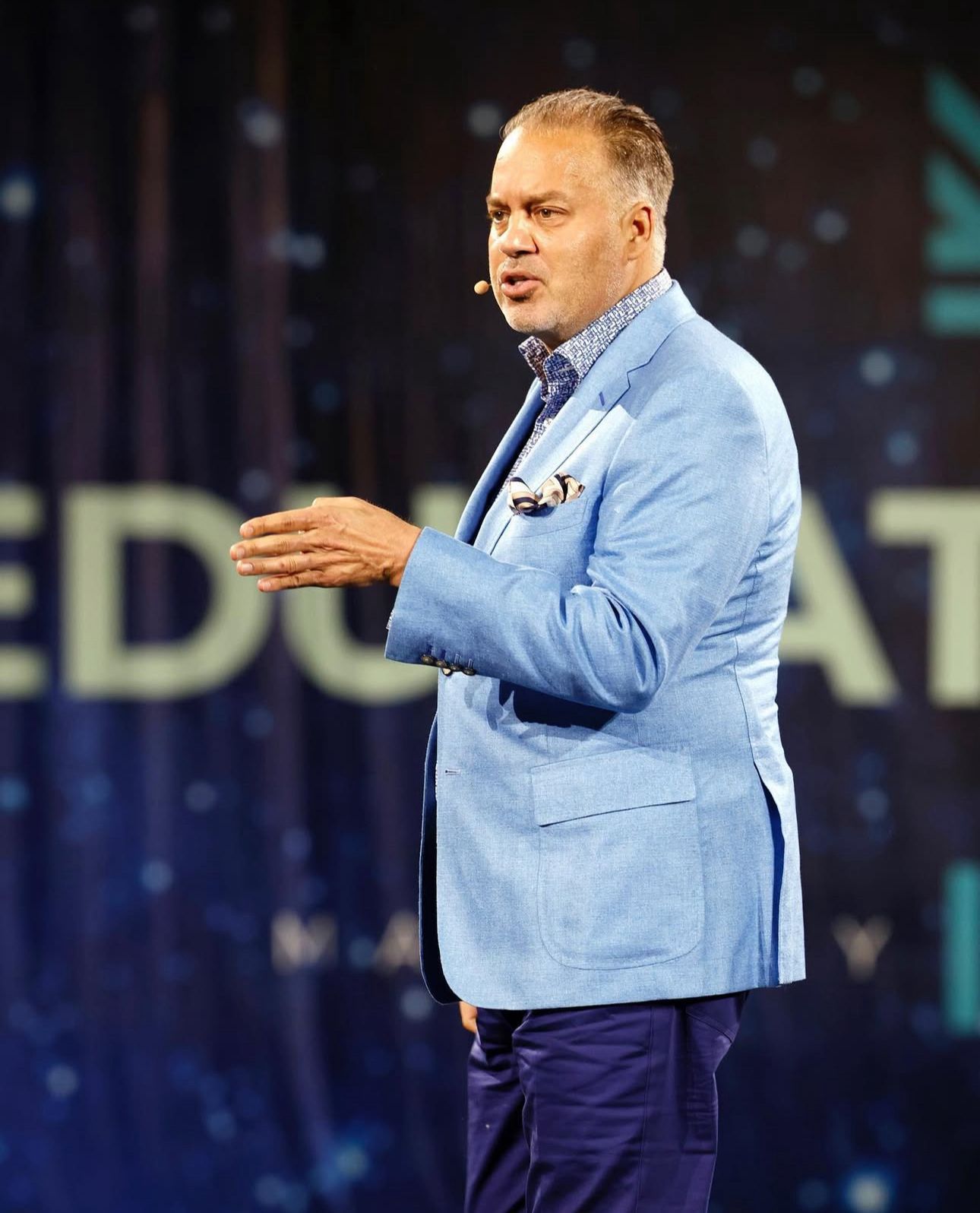Christopher Terry teaches from lived experience—drawing on years of inner work, leadership mentorship, and the study of human behavior. His philosophy centers on how structure, presence, and self-awareness create meaningful change.
In a culture dominated by distractions and dopamine loops, mental sovereignty is becoming the rarest form of power. Christopher Terry has spent years reflecting on what it means to think independently, act deliberately, and build a mind that can withstand pressure.
“The most important real estate you’ll ever own is the space between your ears,” he often says.
For Terry, mindset isn’t about motivation. It’s about mastery—daily, deliberate, unflashy repetition of the inner work. Discipline. Attention. Intention. These are the quiet forces that shape every outcome.
He often speaks about “programming the mind before the world does.” This means choosing what enters your awareness—what you read, watch, listen to, and repeat. It’s less about external success, and more about maintaining internal clarity.
One of his most repeated lessons: Guard your mornings. For Terry, the first hour of the day is sacred. It’s a space to center, visualize, and create mental order before chaos has a chance to take root.
“If your mind starts in reaction, you’ll spend the whole day trying to catch up,” he teaches.
His philosophy blends spiritual alignment with psychological structure. He often draws from timeless teachings—Stoicism, metaphysics, behavioral science—but distills them into something practical and immediate.
A recurring idea in his thinking is cause and effect. Not as a mystical abstraction, but as a clear truth: every word, every thought, every action is a seed. And every seed becomes fruit. He teaches that leadership is not about controlling others. It’s about mastering your inner weather so that others can feel safe in your presence. Emotional control. Energetic grounding. Quiet confidence.
Terry doesn’t speak in hashtags or formulas. His style is slower, more reflective. He prefers questions to answers.
“What are you feeding your mind today?” “Where is your energy going that has no return?” “Are you reacting, or are you creating?”
These are the kinds of prompts that define his approach. Not hype. Not noise. Just real reflection.
In a time where thought leadership is often confused with visibility, Christopher Terry’s words land differently. They don’t push. They pull—inviting you back into a kind of self-awareness that can’t be bought, sold, or scaled. And maybe that’s the point.





























